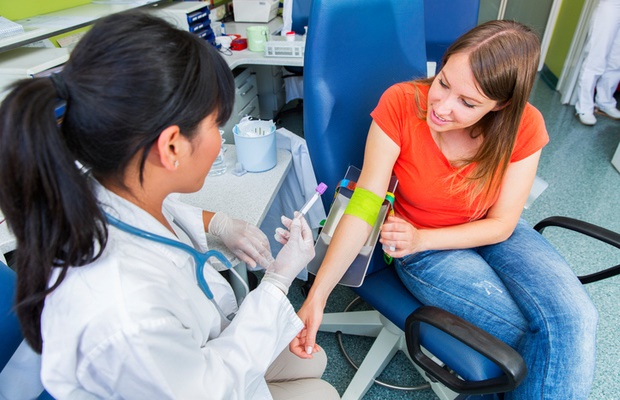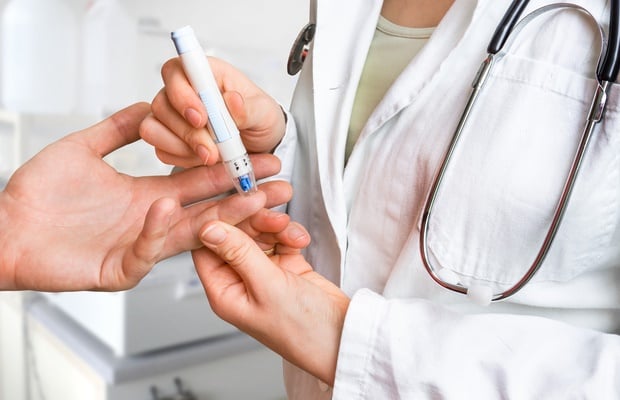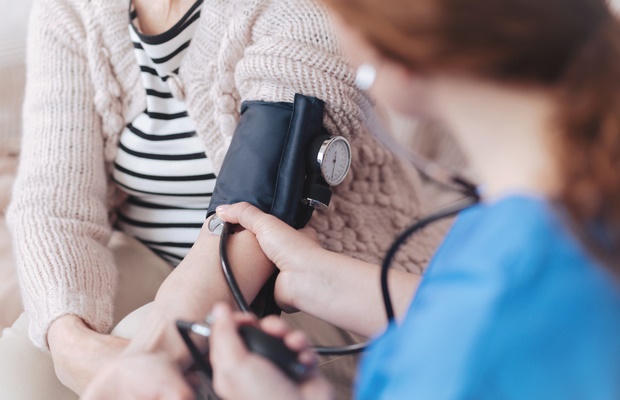
Many people around the world depend on blood donations.
Blood donation is especially important during the festive season due to the high number of road accidents, but the need for blood remains high all year round because of elective surgeries and emergency situations.
According to the South African National Blood Service (SANBS), less than 1% of South Africans are currently active blood donors. There is currently blood stock for only 3.1 days (amount varies constantly). It is important to note that a unit of blood only lasts 42 days, which means that donors should donate regularly.
Still apprehensive about donating? Keep on reading:
1. I am a vegetarian/vegan and don’t have enough iron to donate blood
There is no reason why you shouldn’t donate blood if you follow a vegan or vegetarian diet. If you include plant-based sources of iron, your iron levels will be replenished soon after donation.
According to the Stanford Blood Center, a high level of iron is important when you donate blood as iron is responsible for regenerating red blood cells. They recommend that those on a vegetarian or vegan diet consume plenty of foods rich in vitamin C (citrus fruit, broccoli, tomatoes) to help increase iron absorption from plant-based sources of protein such as beans, lentils or oatmeal.

2. I am scared of needles and it will hurt
The needle used for blood donations is the same size of the needle used when you draw a vial of blood for medical tests. It’s only a small prick, even though the needle remains in your arm for longer. If you can tolerate normal injections, you will be able to handle a blood donation.
There might be slight soreness and a bit of bruising at the area, but this should not last long.
3. I won’t be able to continue with my exercise regime after donating blood
While it is recommended that you don’t do strenuous exercise or lift heavy weights directly after donating blood, your body does bounce back fairly quickly afterwards.
If you are healthy, you will be fully regenerated after a day or two. Take it easy on the day of your donation and drink plenty of water to stay hydrated.
4. I only have a limited amount of blood and taking blood away from the body is bad
Your body keeps on producing blood and replenishes blood quickly after you’ve donated. The body contains enough blood to enable you to donate without any serious consequences.

5. I can’t donate blood because I’m diabetic
If you have no other medical consequences from diabetes such as eye, blood vessel or kidney problems and if you control your insulin levels through a healthy diet and lifestyle, there is no reason why you can’t donate blood. The SANBS consider diabetics "healthy" as long as their diabetes is controlled.
However, if you use insulin made from bovine secretion, you will not be eligible to donate due to concerns about Creutzfeld-Jacob Disease (a variation of “mad cow” disease). But not all modern insulin will prohibit you from donating blood.

6. I can’t donate blood if I’ve had the flu vaccination recently
If you’ve recently had the flu vaccination, there is nothing that prohibits you from giving blood, unless you're experiencing flu-like symptoms after the vaccination.
7. I’m on chronic medication and can’t donate blood
According to the American Red Cross Blood Service almost all chronic medications are safe for blood donation.
There are some medications that do require a waiting period. These include certain blood thinners, acicretin (for severe psoriasis), some medication to treat basal cell carcinoma. You will however be advised whether there is a waiting period or if you are eligible. If you are unsure and want to donate blood, consult your doctor.
8. I have high/low blood pressure
If you tend to have low blood pressure, it is fine to donate blood as long as you feel fine at the time of donation and your blood pressure is at least 100/60 (systolic/diastolic). If you have high blood pressure, you are fine to donate, as long as your blood pressure is no higher than 180/100. Medications for high blood pressure should also not prohibit you from donating, but you will be informed in advance if you are not a suitable candidate.

9. I’ve been treated for cancer and therefore can’t donate blood
It depends on the type of cancer and treatment you’ve received. If you have had cancers of the blood such as leukemia or lymphoma, you will unfortunately not be eligible to donate blood. According to the American Red Cross Blood Service it is fine to donate blood in the case of other cancers as long as it has been treated successfully, it has been a year since the completion of treatment, and if you are still in remission.
10. I can’t give blood because I have high cholesterol
You won’t be barred from blood donation because of high cholesterol. When a unit of 480ml of blood is drawn and diluted, the level of cholesterol in the blood will not affect the quality of the blood. Even if you take medication, this will not make you ineligible.
Image credit: iStock




 Publications
Publications
 Partners
Partners










